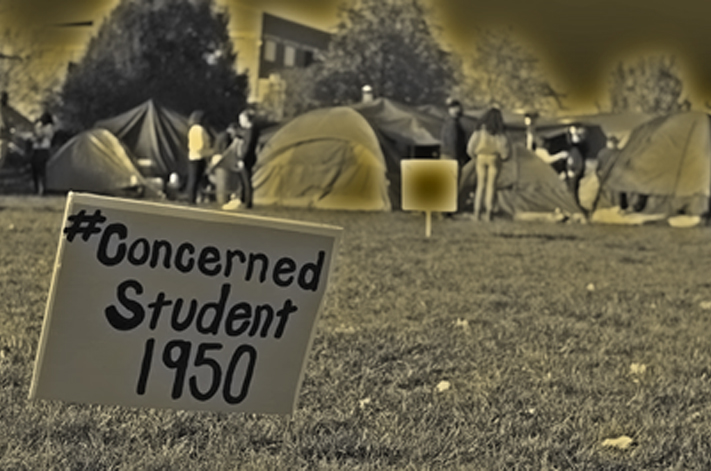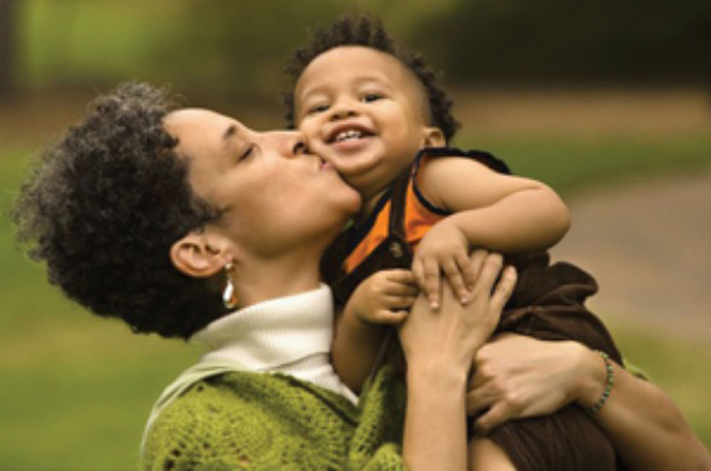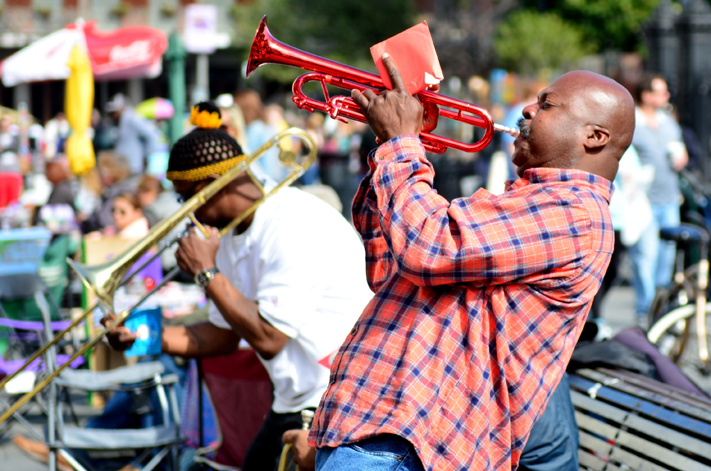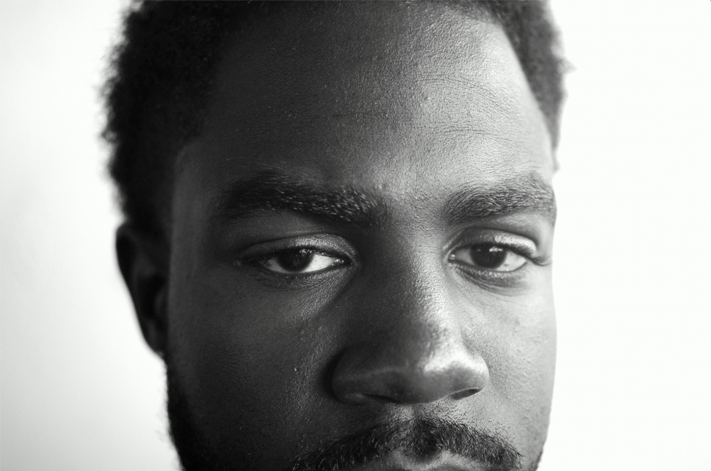Project Description
College students shouldn’t have to worry about where their next meal is coming from (nor should anybody else, for that matter).
Food and housing insecurity do not disappear from people’s lives when they go to college. There is this damaging misconception that once you get to college – once you’re on an upwardly mobile, higher-education track – you magically have the same resources and opportunities as everyone else. You don’t.
I’m a senior in college, and as a first generation working-class college student I’ve sometimes had to work two, even three times, harder than some of my fellow students just to have a place to sleep and enough food to eat. As a consequence, my studies became secondary to my survival – a hardship that no student should ever have to endure.
My parents and I emigrated from Mexico when I was four years old. Both of my parents had nine siblings and came from a working-poor background, but both ached to escape intergenerational poverty. We were homeless when we arrived in the states, living paycheck to paycheck for our meals. But our journey eventually led us to Beloit, Wisconsin, and to a life that my parents were extremely proud of creating, built from endurance, resilience and humility.
My mother once told me, “The only things that I want when I have my own family is to watch television whenever I want, get on a plane and have enough to eat until I get full … I don’t need anything more than that.”
Raised with this mindset, I thought I was pretty well off until I started applying to college four years ago. I naively believed that the choices for college were limitless because I was a pretty good student but, to my surprise, colleges didn’t agree with my optimism. The financial aid packages that came with my acceptance letters told me I needed to take out thousands of dollars in loans. One school requested I come up with $28,000 out of pocket even after accounting for my financial aid and scholarships.
Not knowing entirely what this meant, I turned to my parents. However, they explained to me that as much as they wanted to help, there was little they could contribute. Frustrated and disappointed, I blamed them for not working hard enough, for not earning enough, for not caring enough.
With this toxic attitude I went in to my first year of college at Northern Illinois University, which offered me a pretty sizeable financial aid award and a work-study job at a resource center. However, this was nowhere near the amount of money I needed to buy food, gas, pay my phone bill and other necessities. Because of this I had to work three jobs to support myself, working two retail jobs and the on-campus position. My time became stretched, I constantly was tired, and I wasn’t eating.
The only dining facility that I could eat at was on the opposite side of campus from where I worked. I ended my shift at the resource center around 10:15pm, and the dining facility would close at 11, giving me almost no time to make it back to eat. Even when I did make it, the options were very limited and unhealthy at that hour.
I hated those days. I sometimes left work early just so I could make it in time, but as a consequence I would lose an hour of pay. Even though I constantly put in hours, I felt as if I was never making any progress. Society ingrained in me the meritocratic belief that my misfortunes were due to the lack of effort I put in. So I was ashamed and embarrassed that something such as food, a basic need, was not being met. I refused to ask others for assistance and, because of this, there was a time where I lived off $0.58 for two weeks.
Life went on, and this insecurity became a part of my routine. The times that I could eat comfortably became a privilege. I eventually ended up transferring to University of Wisconsin–Madison the start of my sophomore year because my financial aid had significantly decreased at Northern Illinois. But I was unaware and unprepared for Madison housing.
The prices there were ridiculously high, and I ended up being homeless my first semester at my new university. I was couch surfing between apartments and trying to find a stable job. Food was just as ridiculous as rent, with the only supermarket near campus selling a gallon of milk for almost $4. I had to resort to living off of very unhealthy options, going to events with free food and traveling off campus to purchase food in bulk. I was notified I could qualify for the Food Share program to receive federal aid since I was a work-study student, but I couldn’t apply without a residential address.
I couldn’t escape what seemed to be this burden of being food insecure, and blaming my parents was the most convenient response rather than blaming our broken educational system. I am only one of many college students in a similar situation, and I am lucky that I have made it to this point.
For others, time, money and health has left them immobile. Colleges, universities and society at large have an obligation to see this issue as a state of urgency. Until then, many of us will have to feed off our willpower to succeed and, from experience, it’s not that magically delicious.
Pablo Montes is a senior at the University of Wisconsin – Madison, majoring in sociology, and human development and family studies with a minor in educational policy studies. He is president of the Working Class Student Union and also a McNair Post-Baccalaureate Scholar.
Copyright; Guardian News and Media Limited,. Reprinted with permission.
This piece was reprinted by EmpathyEducates with permission or license. We thank the Author, Pablo Montes for his kindness and for inviting us to contemplate the axioms that guide us, as well as those that led us astray. We also wish to express our appreciation for The Guardian for being an enduring source of inspiring information and ideas.










